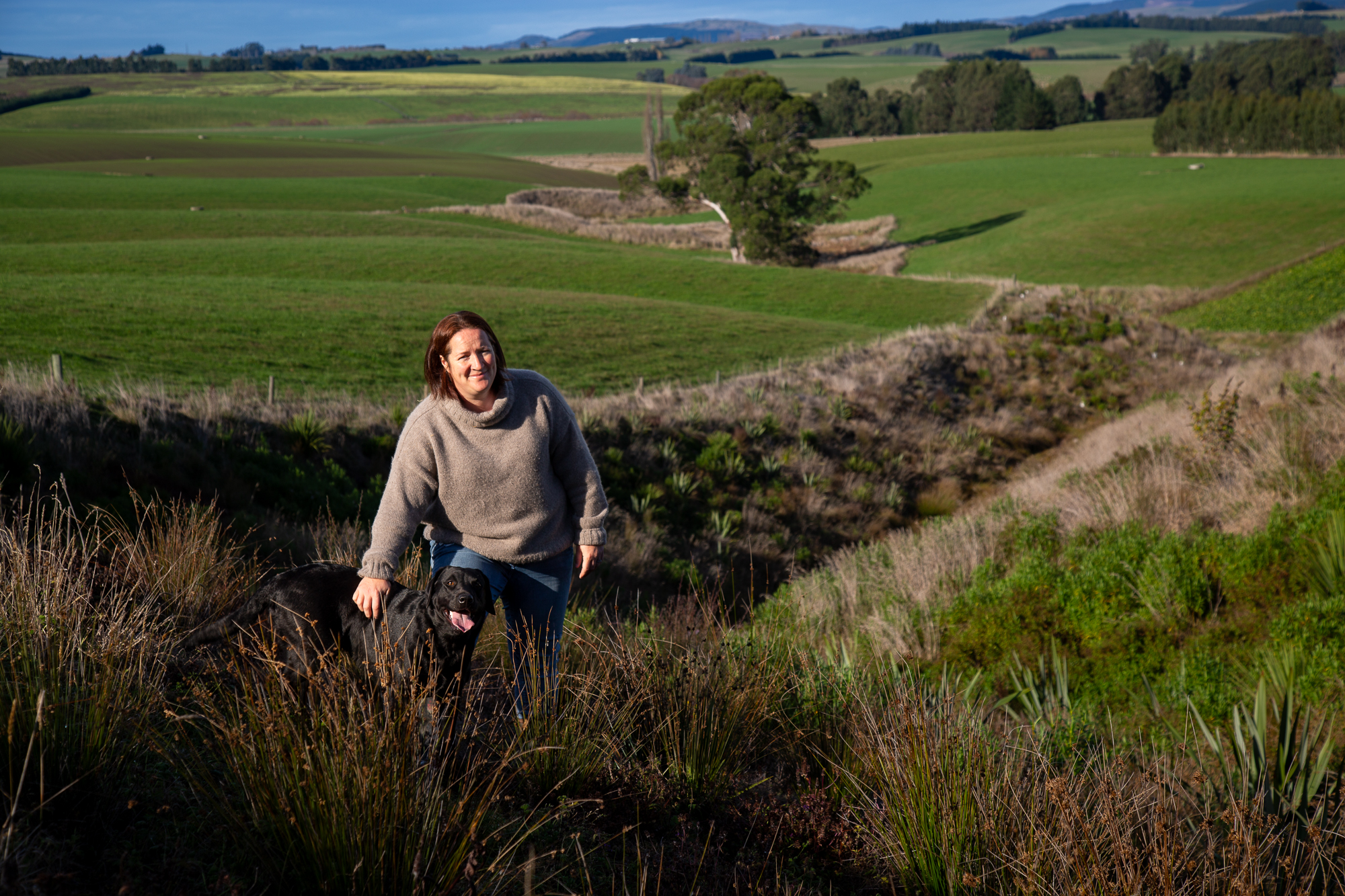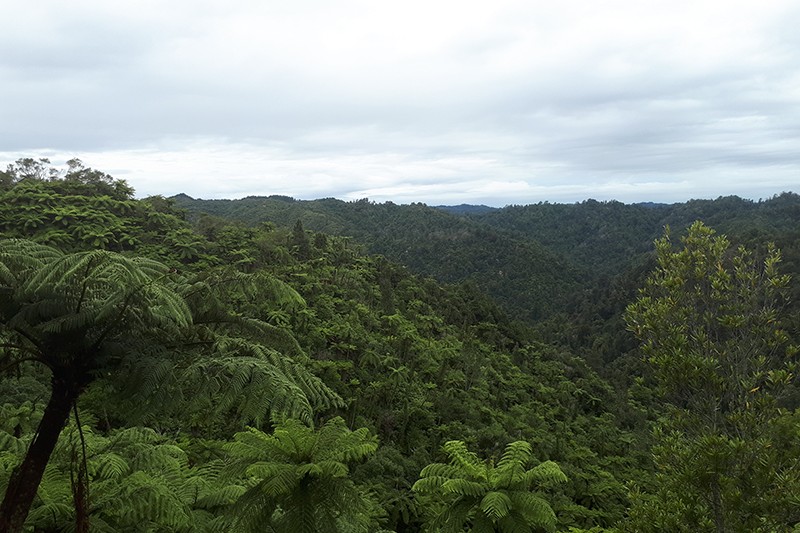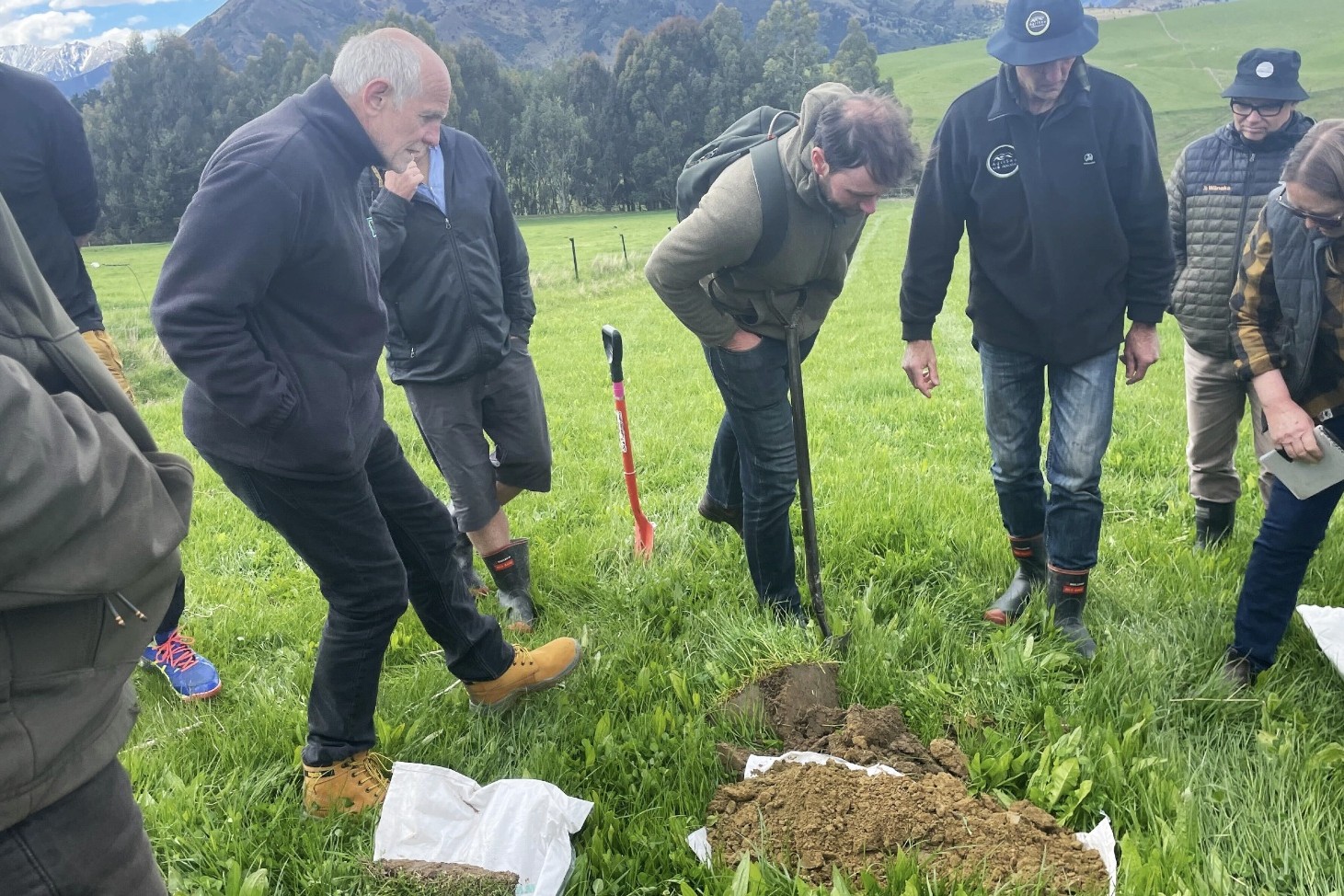Steven Cranston
Now the Government has handed the responsibility of how agriculture will manage and reduce its emissions back to the industry itself, we have been landed an incredible opportunity to turn our emissions profile into the positive story it deserves to be.
The message we need to start sending is that agriculture has one of the smallest global warming impacts of any major industry in New Zealand. The only way to demonstrate that is by completing a full emissions budget.
The routine criticism that farmers receive is largely a result of our industries own failure to tell the whole story. Agriculture has taken a defensive approach for too long. Simply saying we are efficient compared to other global producers is selling ourselves short. Agriculture in general is nowhere near as harmful to the climate as is often described and NZ, with our large swaths of native bush probably contributes less to global warming than any other international producer. We only have ourselves to blame for the situation we now find ourselves in.
Thankfully the solution is at hand, a new more accurate accounting method called GWP* has been developed for the specific purpose of measuring the warming effect of flow methane over time.
First some inconvenient truths, emissions do not necessarily result in global warming. As we now know from multiple government reports our methane emissions only need to be reduced by a minuscule 0.3% per year to avoid further warming. This is because once stock numbers have stabilised for around 10 years, methane decays in the atmosphere at around the same rate as it is being emitted.
The outdated GWP100 metric, which our ETS is based on, assigns methane a warming value of 28 x CO2. This is how much warming a single pulse of methane will cause over the next 100 years. Farms, however, emit a steady flow of methane over time so it is the inflow versus outflow we must measure if we want to understand our impact on warming.
According to Ministry for the Environment data, farmers have reduced their methane by 2.8% since 2014 putting them well on track to achieve the 10% by 2050 needed to remain climate neutral. While industry leaders dithered, the Government has gone ahead and set a methane reduction target of 24-47% by 2050. Agriculture is the only sector being asked to reduce emissions below the point of zero warming and this is a direct result of our failure to properly articulate how methane effects climate.
It is an absurd situation that agricultural methane accounts for 35% of our country’s entire emissions, yet it is not contributing to warming. The current accounting system is misleading and not fit for purpose.
Thankfully the solution is at hand, a new more accurate accounting method called GWP* has been developed for the specific purpose of measuring the warming effect of flow methane over time. Inexplicably this option has so far been ignored, the folly of which is even more surprising given the entire objective of the Paris Agreement is to limit global warming to no more than 1.5C above pre-industrial temperatures. How are farmers to measure success against this stated goal if we are not measuring the methane’s warming effect?
The other major oversight has been not collecting more data on farm trees. Beef + Lamb have made good headway on this, estimating 1.4 million hectares of trees already growing on drystock properties. More needs to be done in this space to both accurately assess area under trees and estimate their annual carbon sequestration rates.
With sufficient tree data and using GWP* to account for methane, it is possible to create a net warming budget for the entire industry. This budget will go a long way to silencing any criticism of agriculture’s contribution to global warming and will set the platform for producing and marketing climate neutral products, something that will be increasingly important to environmentally conscious consumers.
Until more robust tree data is collected it is impossible to estimate with confidence if agriculture is a net contributor to global warming or not. With methane not a contributing factor, it is only the 8.5 Mt CO2 equivalent of Nitrous Oxide that must be offset to avoid adding to warming. Initial calculations indicate that the existing area in trees will be enough to achieve this.
We as an industry must move the conversation away from just emissions and address the real issue which is warming impact. If farming leaders take the initiative and use the correct accounting, we can future proof the industry against a Government tax and a forced reduction in stock numbers. Both will be inevitable unless the arbitrary 24-47% emissions reduction target is revised.
There will also be no need for the Government’s proposed 95% rebate. This rebate will only serve to lock in the misconception that farmers are being subsidised and encourage further criticism.
Some form of agricultural emissions scheme will need to be developed to ensure progress and fairness. This may see farms that increase emissions pay some tax while farms that are net sequesters receive a credit. What shape this scheme eventually takes should remain a matter for the industry and farmers themselves.
In the short term, simply setting a well-publicised and achievable target of making agriculture warming neutral by 2025 will be enough to completely change the narrative on agricultural emissions. Even the Greens will struggle to demonise an industry striving to become climate neutral 25 years before the rest of the country.
We only have one chance to get this right. Industry leaders must represent the interests of farmers and set the record straight. Let’s show the world we are true leaders when it comes to climate change.
- Farmers who would like to see a fresh approach on agricultural emissions are encouraged to contact steven@agriconsulting.co.nz




